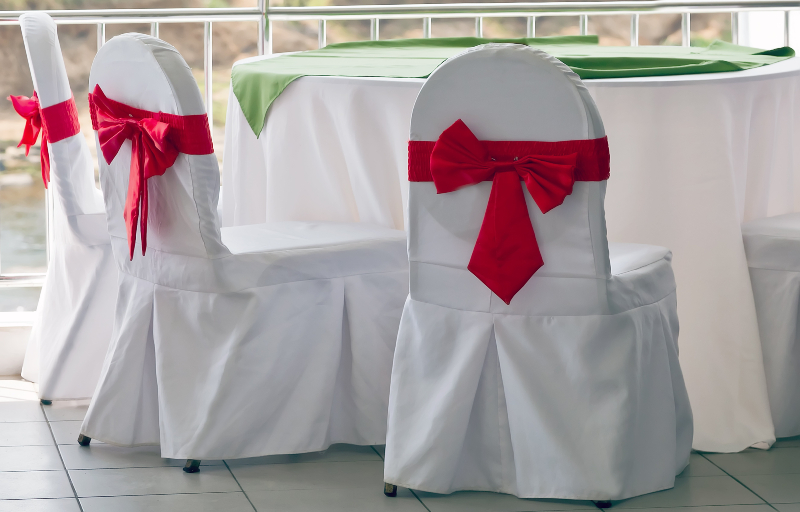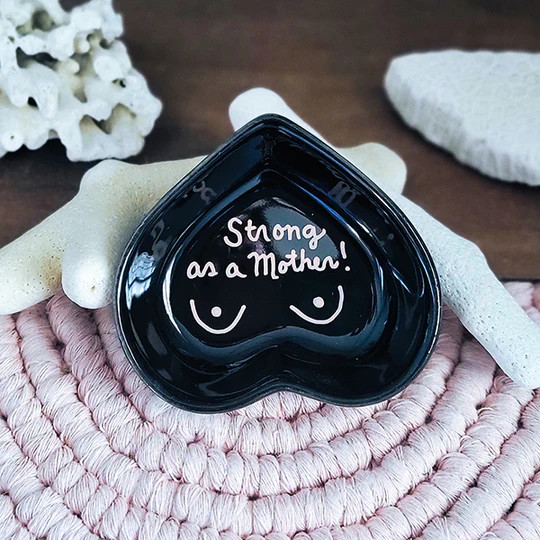To Bag or not a Bag:
Nowadays, people are realizing how important it is to care for the environment and most of all, care for one’s self. Polythene pollution has drastically disturbed our everyday life style. Our oceans are filling with plastic garbage that is killing marine life and birds, our land fill dumps are filling with these bags that take hundreds and hundreds of years to decompose.
The Sierra Club Sierra has estimates that Americans dispose of over 100 billion plastic shopping bags a year. Of these bags only one to three percent is being recycled. Recycling doesn’t have to be hard. It is easy to adopt and important for the preservation of our environment.
Jute Hessian or burlap is one of the cheapest and the strongest of all natural fibers and considered as fiber of the future. One hectare of Jute plants consumes over 15 tons of CO2, several times higher than trees. Popularly known as golden fiber, Jute is second only to cotton in world’s production of textile fibers. India, Bangladesh, China and Thailand are the leading producers of Jute. Jute industry supports an estimated 5 million people in the poorest regions on earth. It is one of the most versatile natural fibers that are extremely sturdy, strong and durable and has the life span of over a thousand plastic carrier bags. When discarded, jute totally decomposes putting valuable nutrients back into the soil
Jute tote bags have multiple uses. Jute bags can be used as a primary bag, carrying textbooks, folders, lunch, and mails. It can also be used as a shopping bag primarily because it can be served as a substitute for disposable plastic shopping bags. Jute bags can also be used as a Beach bag for all those beach buddies. It is also being widely used as an office bags in developing countries. Jute bag is extremely easy to take care. Hands wash the jute bags in a sink filled with warm soapy water. Let them air dry completely both inside and out. And voila! Your jute bags are ready to be used again.
Jute affords low packaging cost for many commodities. The rugged strength of the burlap bag can stand up to rough handling in transit – this often means additional economy as freedom from breakage reduces handling costs and avoids loss of contents from destruction of the bag. Ecofriendly and biodegradable, these bags are recyclable and thus environmentally friendly. Jute bags seem to be the only sustainable option in the market now days. They are organic and last for years. We could start by using organic, fair trade/locally produced jute bags to go shopping, and reuse them again and again for a better tomorrow.


